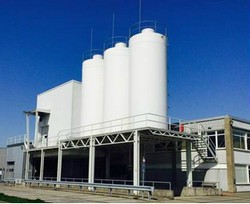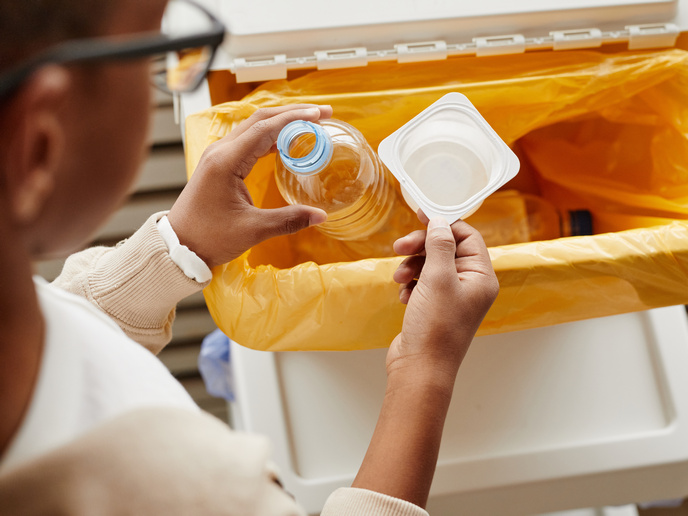Clean technology solutions for industrial air treatment
Three institutions joined forces to remove VOCs from polluted industrial air emissions under the umbrella of the project NEXT AIR BIOTREAT(opens in new window) (Developing the next generation air treatment based on replacing non-renewable resources by microbiology). Research collaboration led to the successful development of a novel hybrid biotechnology for removal of hydrophilic VOCs. This set-up was upgraded to industrial scale with a prototype unit that operated for over a year. Highly promising preliminary results have resulted in a patent. Further process optimisation work has continued under the project TRAINONSEC(opens in new window). A pilot biotrickling filtration unit was set up demonstrating the efficient removal of styrene from air emissions. From an economic and environmental point of view, this set-up proved superior to other technologies such as regenerative thermal oxidiser and activated carbon. This biotrickling filtration unit is now commercially available for pultrusion sector as VOCUS(opens in new window) technology. Several flexographic companies in the EU are already using this smart and environmentally friendly solution to remove VOCs. Using empirical data on filter performance, the team developed a mathematical model and control software to further optimise biotrickling filtration technology. They also developed REMUS(opens in new window), a networking data platform for data processing and service monitoring of biotechnology systems. This platform is already in use for bioreactor control in several industries. Project outcomes were published in over 10 peer-reviewed papers and presented at 10 international conferences. Other dissemination activities included public talks, TV talks and open day workshops. NEXT AIR BIOTREAT also produced an informational video(opens in new window). Commercial exploitation of these clean and natural processes has already enhanced the competitiveness and visibility of participating institutions and promoted the careers of the researchers involved. Many European industries can now affordably meet their targets for reduced VOC emissions.







